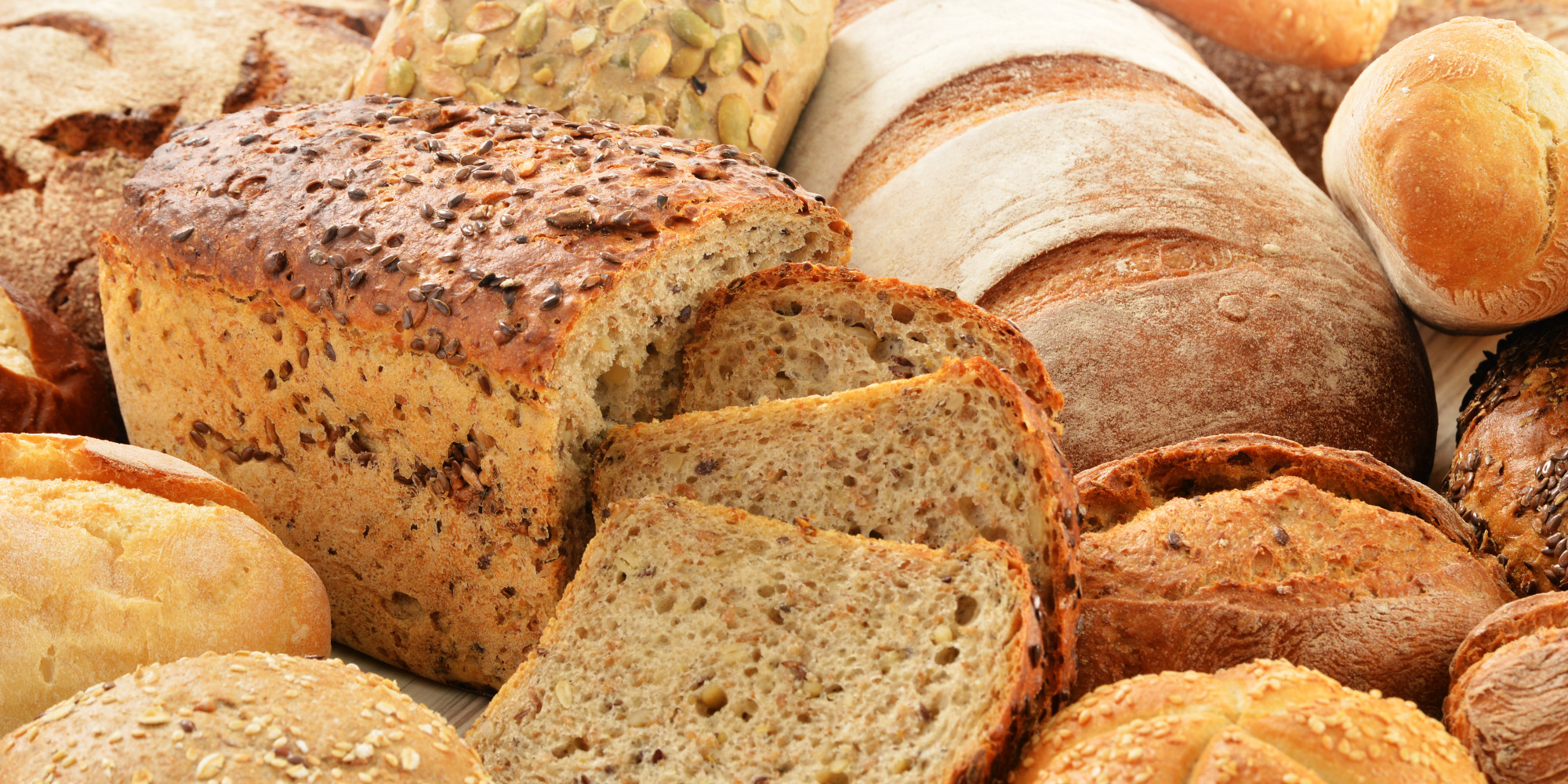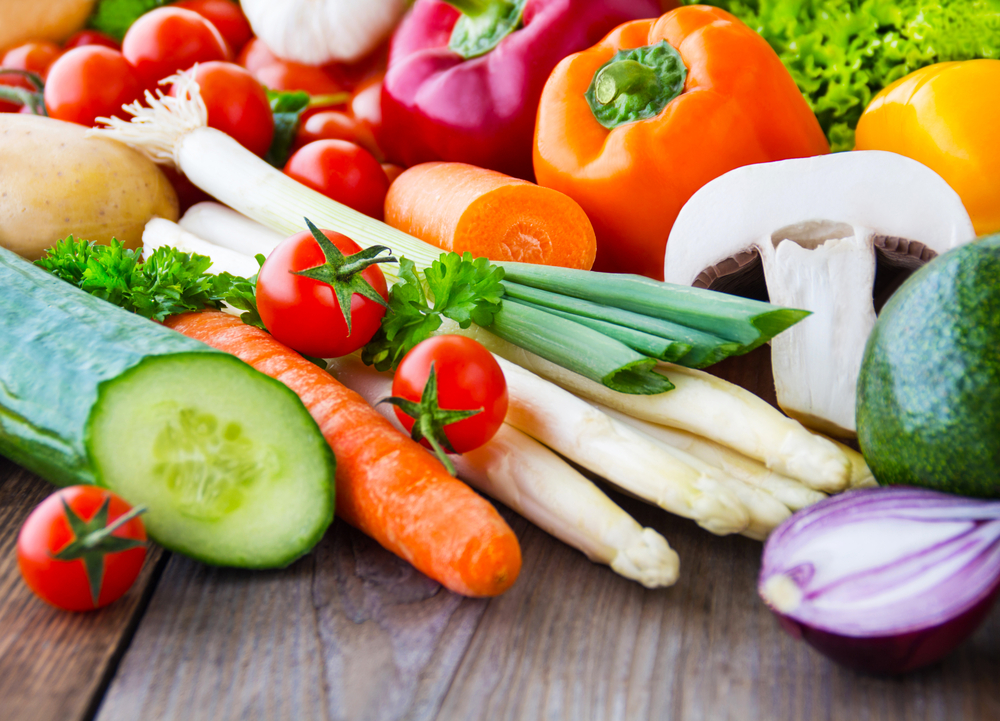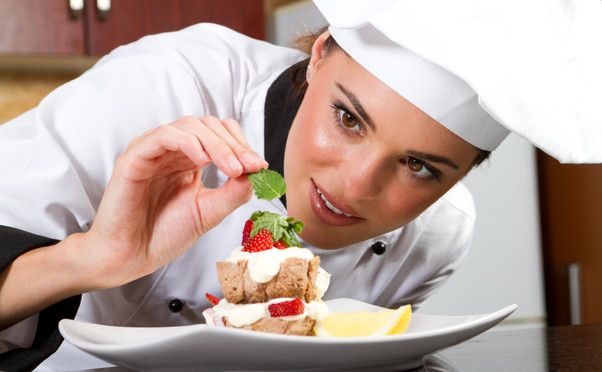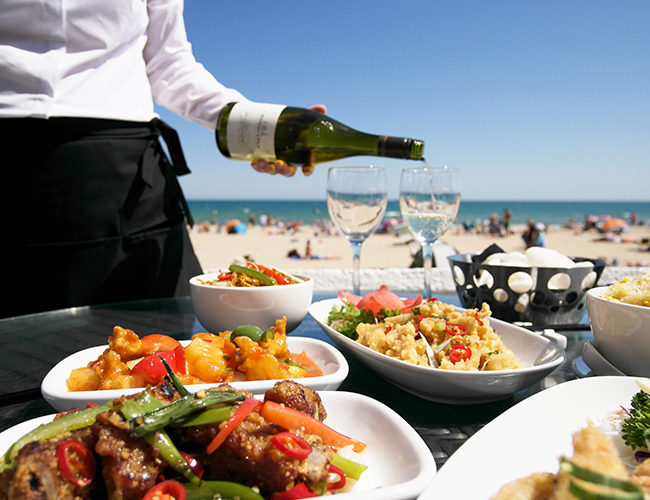Essentials Of Cooking
The Problem Of Food
Essentials of cooking: Without doubt, the greatest problem confronting the human race is that of food. In order to exist, every person must eat; but eating simply to keep life in the body is not enough. Aside from this, the body must be supplied with an ample amount of energy to carry on each day's work, as well as with the material needed for its growth, repair, and working power. To meet these requirements of the human body, there is nothing to take the place of food, not merely any kind, however, but the right kind. Indeed, so important is the right kind of food in the scheme of life that the child deprived of it neither grows nor increases in weight, and the adult who is unable to secure enough of it for adequate nourishment is deficient in nerve force and working power.
If a person is to get the best out of life, the food taken into the body must possess real sustaining power and supply the tissues with the necessary building material; and this truth points out that there are facts and principles that must be known in order that the proper selection of food may be made, that it may be so prepared as to increase its value, and that economy in its selection, preparation, use, and care may be exercised. Probably the most important of these principles is the cooking of food. While this refers especially to the preparation of food by subjecting edible materials to the action of heat, it involves much more. The cooking of food is a science as well as an art, and it depends for its success on known and established principles.

Carbohydrate And Starchy Foods
In its full sense, COOKING means not only the ability to follow a recipe, thereby producing a successfully cooked dish, but also the ability to select materials, a knowledge of the ways in which to prepare them, an understanding of their value for the persons for whom they are prepared, and ingenuity in serving foods attractively and in making the best use of food that may be left over from the previous meals, so that there will be practically no waste. A factor that should not be disregarded in the problem of food is waste, and so one needs to understand the distinction between waste and refuse. These terms are thought by some to mean the same thing and are often confused; but there is a decided difference between them. Waste, as applied to food, is something that could be used but is not, whereas refuse is something that is rejected because it is unfit for use.
For example, the fat of meat, which is often eaten, is waste if it is thrown away, but potato parings, which are not suitable as food, are refuse. In connection with the problem of waste, it may be well to know that leakage in the household is due to three causes. The first one is lack of knowledge as to the difference between waste and refuse and a consequent failure to market well. As an illustration, many households will reject turkey at a certain price a pound as being too expensive and, instead, will buy chicken. In reality, chicken at a few pennies a pound or kilo less than the price of turkey is more expensive, because turkey, whose proportion of meat to bone is greater than that of chicken, furnishes more edible material; therefore, in buying chicken, they pay more for refuse in proportion to good material.
We Are Helping 1000 Businesses Amplify Their Online Presence
The second cause for this leakage in the household is excessive waste in the preparation of food for the table, arising from the selection of the wrong cooking method or the lack of skill in cooking. And the third cause is the serving of too large quantities and a consequent waste of food left on individual plates and unfit for any other use in the home. Another matter that constantly confronts us is what foods to select for each day's meals. To be successful, all meals should be planned with the idea of making them wholesome and appetizing, giving them variety, and using the left-overs. Everyone should understand that food is cooked for both hygienic and aesthetic reasons; that is, it must be made safe and wholesome for health's sake and must satisfy the appetite, which to a considerable degree is mental and, of course, is influenced by the appearance of the food.

Fresh Vegetables-Onions,Tomatoes Peppers
When one knows how to cook ordinary foods well, we have an excellent foundation from which to obtain variety in the diet--by which in these lessons is meant the daily food and drink of any individual, and not something prescribed by a physician for a person who is ill. For then it is simply a matter of putting a little careful thought into the work we are doing in order to get ideas of new ways in which to prepare these same foods and of utilizing foodstuffs we have at hand. However, ample time must always be allowed for the preparation of meals, for no one can expect to produce tasty meals by rushing into the kitchen just before meal time and getting up the easiest thing in the quickest manner.
Well-planned meals carefully prepared will stimulate interest in the next day's bill of fare and will prove extremely beneficial to all concerned. In the practice of COOKING, it is also important that the meals be planned and the cooking done for the sake of building the human body and caring for it. As soon as we realize that both the present and the future welfare of the persons for whom we are providing foods depend on so many things that are included in COOKING, our interest in this branch of domestic science will increase. And in making a study of it we may rest assured that there is possibly no other calling that affords a more constant source of enjoyment, and a better opportunity for acquiring knowledge, displaying skill, and helping others to be well and happy.
The fact that people constantly desire something new and different in the way of food offers us a chance to develop our ingenuity along this line. Then, too, each season brings with it special foods for enjoyment and nourishment, and there is constant satisfaction in providing the family with some surprise in the form of a dish to which they are unaccustomed, or an old one prepared in a new or a better way. But the pleasure need not be one-sided, for the adding of some new touch to each meal will give as much delight to the one who prepares the food as to those who partake of it. When COOKING is thought of in this way, it is really a creative art and has for its object something more than the making of a single dish or the planning of a single meal.
Food And Drink Ideas And Mouth Watering Healthy Recipes
From what has been pointed out, it will readily be seen that a correct knowledge of COOKING and all that it implies is of extreme importance to those who must prepare food for others. Indeed, it is for just such persons who must solve COOKING problems from day to day, as well as perform the duties with which they will be confronted when they take up the management of a household and its affairs--that these lessons in COOKING are intended. In the beginning of this article of study in COOKING, it is deemed advisable to call attention to the order in which the subject matter is presented. As will be seen before much progress is made, the lessons are arranged progressively; that is, the instruction begins with the essentials, or important fundamentals, of food--its selection,preparation, and care.
And, from these as a foundation, advances step by step into the more complicated matters and minor details. The beginner eager to take up the actual work of COOKING may feel that too much attention is given to preliminaries. However, these are extremely essential, for they are the groundwork on which the actual cooking of food depends. Indeed, without a knowledge of them, very little concerning COOKING in its various phases could be readily comprehended. Each beginner in COOKING is therefore urged to master every lesson in the order in which she receives it and to carry out diligently every detail.

No lesson should be disregarded as soon as it is understood, for the instruction given in it bears a close relation to the entire subject and should be continually put into practice as progress is made. This thought applies with particular emphasis to the Sections relating to the essentials of COOKING. These should be used in connection with all other Sections as books of reference and an aid in calling to mind points that must eventually become a part of ones COOKING knowledge. By carrying on ones studies systematically and following directions carefully, the beginner will find the cooking of foods a simple matter and will take delight in putting into practice the many things that he or she learns.
InternetBusinessIdeas-Viralmarketing Home Page
Tweet
Follow @Charlesfrize











New! Comments
Have your say about what you just read! Leave a comment in the box below.